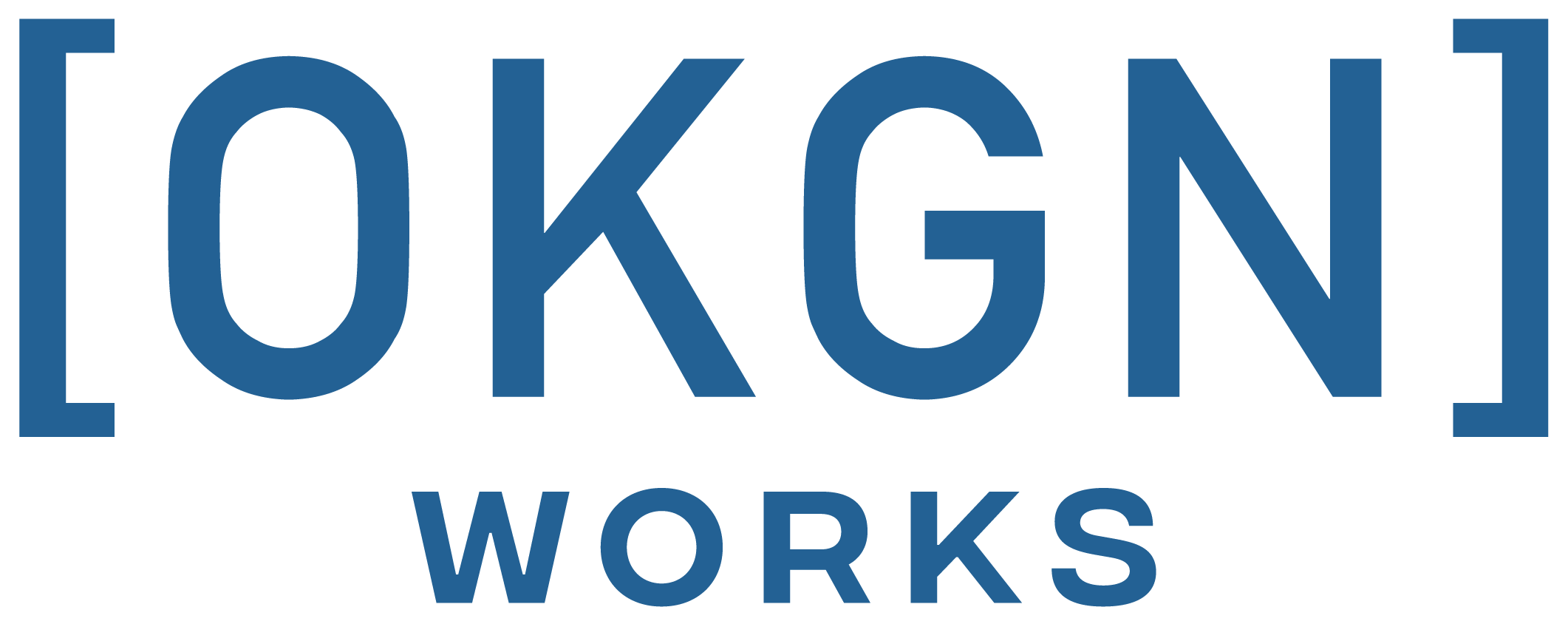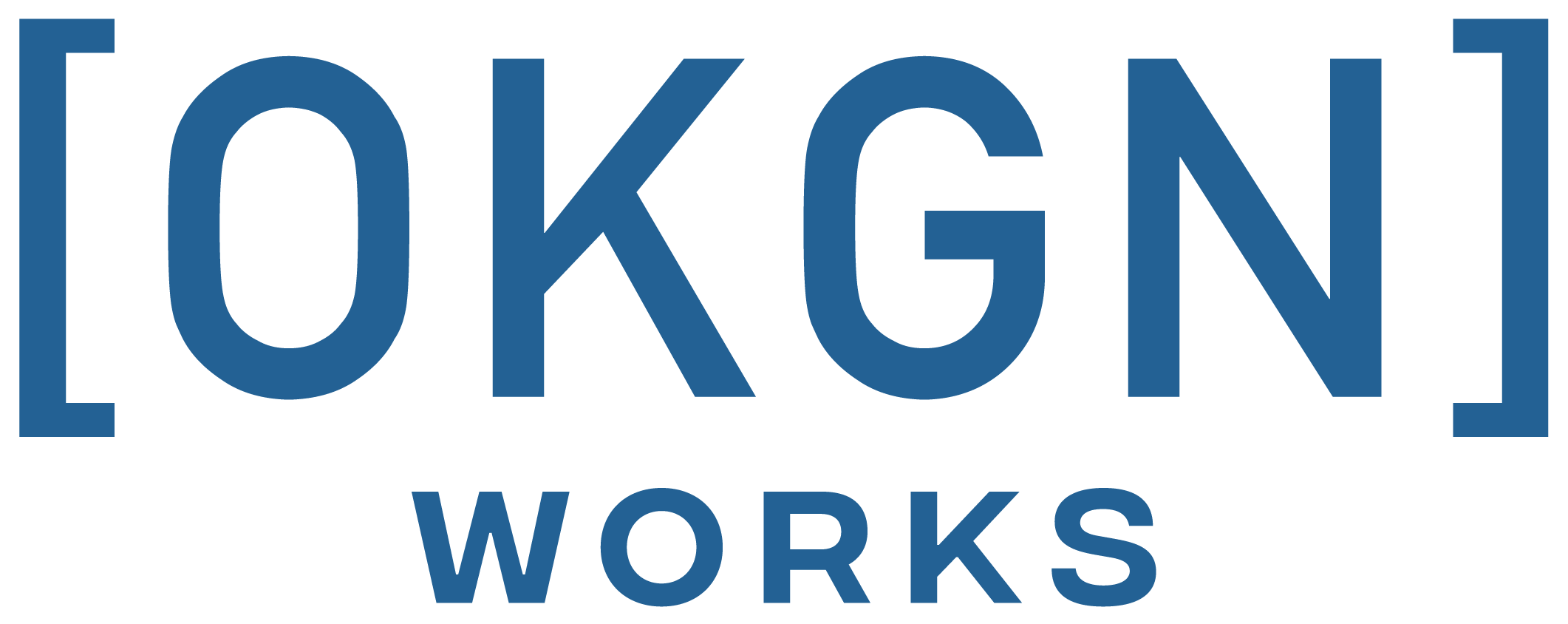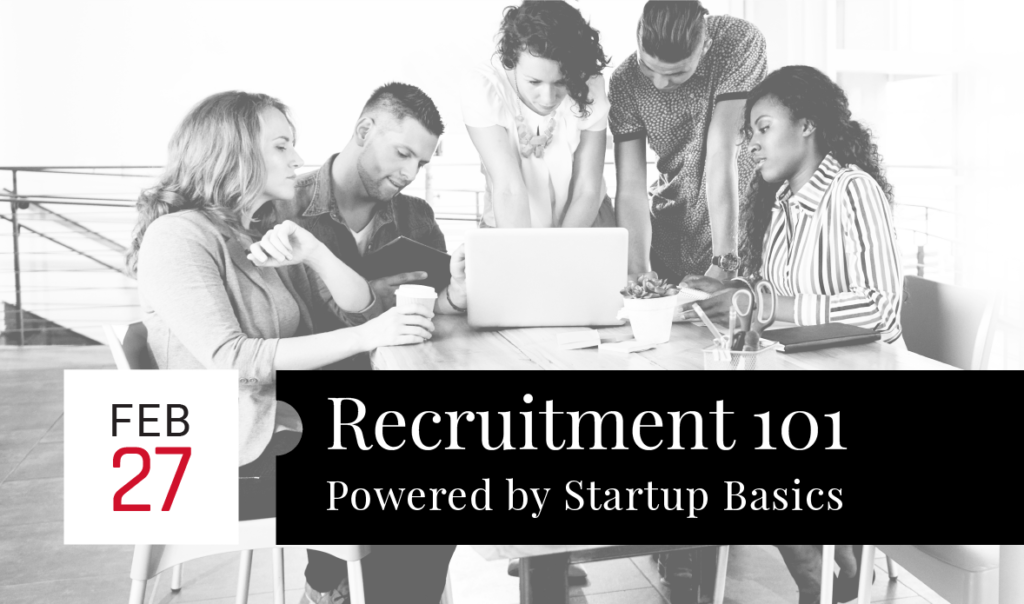The decision to hire staff can be one of the best and hardest choices a startup founder makes. It’s a significant milestone in a company’s growth, but such a milestone can become a setback if a hiring process isn’t established or executed with care.
Once a founder decides to bring on staff, it’s often full steam ahead with little consideration of the pitfalls that are typical when hiring. When the challenges of recruitment are recognized early, the company can create a plan that will mitigate potential setbacks.
Here are 5 mistakes founders make when hiring on the fly from resident expert Ingrid Takai, Founder of Ronin HR:
1. Physical workspaces
It may seem like an obvious consideration, but details surrounding where staff will work and what type of environment they need often get overlooked. Merely having a desk and chair to spare is not enough. Careful consideration needs to be made on space, equipment and access.
2. Appropriate budgeting
When the decision is made to bring on a staff member or two, founders may underestimate the costs. Compensation isn’t the only cost associated with employing people and startups often start their recruitment process with minimal budgeting. Job posting fees, equipment, and professional fees for agreements and contracts must be factored in to determine whether the startup can, in fact, afford a new employee.
3. One person hired for many needs
Deciding what role to hire first is an incredibly stressful decision. Founders, who want to get the most of out of their dollar, are often tempted to search for one person who has experience in several areas. It may seem like hiring a jack-of-all-trades is a smart use of limited funds; in fact, it can be a short-sighted decision that costs the company in money, time and reputation.
4. Unrealistic expectations of the talent pool
Expectations that founders have of their available talent pool are often much too high. Founders may to assume that staff can and will put in the same amount of work and dedication that they do. They might also have difficulty differentiating between the skills required for the role versus the skills that can be taught.
5. Onboarding starts on a staff member’s first day
You read that correctly. Onboarding needs to begin long before the execution of a recruitment campaign. Founders have to set up the process for success and this requires thorough planning long before the employees’ start date.
INVESTING IN RECRUITMENT IS INVESTING IN YOUR STARTUP
Launching a recruitment campaign without a detailed plan can result in unproductive staff, unclear goals, and a lousy reputation. For startups, the financial penalties alone can break the company. Poor hiring can cost a company up to 30% of an employee’s annual salary, lost customers, and unhealthy pressures on the founder.
However, founders who take a proactive approach to recruitment build companies that are highly attractive to industry talent, have a positive employer brand, and are considered leaders in HR practices and company culture. Founders who invest time in analysis and strategy before their recruitment campaign begin to invest in the long-term reputation and financial health of their business.
For more recruitment pro-tips, join us for our Recruitment 101 event, February 27.
Ronin HR provides recruitment and HR advisory services exclusively to the Okanagan tech community specializing in technical recruiting and executive searches. Ronin HR enjoys educating and preparing startups for recruitment. For further information, please contact Ingrid Takai at ingrid@roninhr.com.






